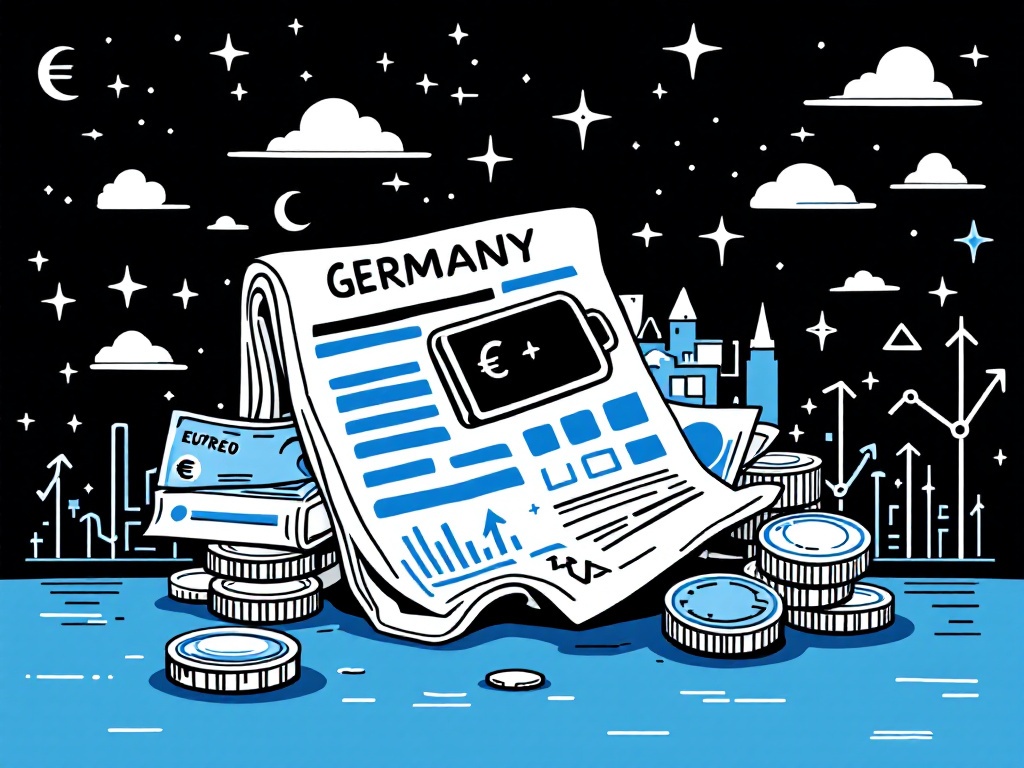German Government Rescues Battery Giant with €600 Million Bailout

Germany, Monday, 2 December 2024.
In a strategic move to protect Europe’s battery manufacturing capabilities, Germany has stepped in to assume €600 million of Northvolt’s debt following its Chapter 11 bankruptcy filing on December 1, 2024. This intervention through the KfW development bank underscores Europe’s commitment to maintaining its position in the electric vehicle supply chain, despite growing concerns about the region’s reliance on credit support rather than direct subsidies.
A Lifeline for Europe’s Battery Sector
The decision by the German government to absorb Northvolt’s debt is a critical maneuver aimed at stabilizing the company, which has been a cornerstone of Europe’s battery production strategy. Northvolt’s financial instability, highlighted by its recent Chapter 11 bankruptcy filing, threatened to disrupt the supply chain vital for the continent’s electric vehicle ambitions. By stepping in, Germany not only safeguards its own interests but also reinforces a broader European agenda to transition towards renewable energy sources[1].
Implications of the German Intervention
Germany’s intervention, managed through the KfW development bank, involves reimbursing the lender for a convertible bond and associated costs related to Northvolt’s battery plant project. This move is seen as a testament to the risks associated with Europe’s dependence on credit facilities rather than direct government subsidies. Experts have pointed out that while such credit supports can provide immediate relief, they may not offer long-term solutions for companies like Northvolt, which require robust cash flow management and equity funding to navigate financial uncertainties[2].
The Broader Impact on Europe’s Energy Transition
Northvolt’s situation serves as a cautionary tale for Europe’s energy sector, emphasizing the need for more sustainable financial strategies. The German government’s bailout reflects a commitment to maintaining momentum in the region’s electric vehicle production capabilities, which are integral to the EU’s climate goals. However, it also raises questions about the sustainability of relying on credit over direct investment. The European Battery Alliance, a key initiative in this sector, now faces the challenge of reassessing its financial frameworks to prevent similar occurrences in the future[3].
Looking Forward: Lessons and Future Strategies
As Northvolt undergoes restructuring, the focus shifts to developing strategies that ensure financial viability without over-reliance on credit. Industry experts suggest a balanced approach involving a mix of equity funding and strategic government subsidies to support innovation and growth in the renewable energy sector. This incident highlights the importance of creating a resilient financial ecosystem that can withstand economic pressures while advancing Europe’s green energy initiatives. For now, Germany’s decisive action has provided a lifeline to Northvolt, but it also sets a precedent for how future financial crises in critical industries might be managed[4].